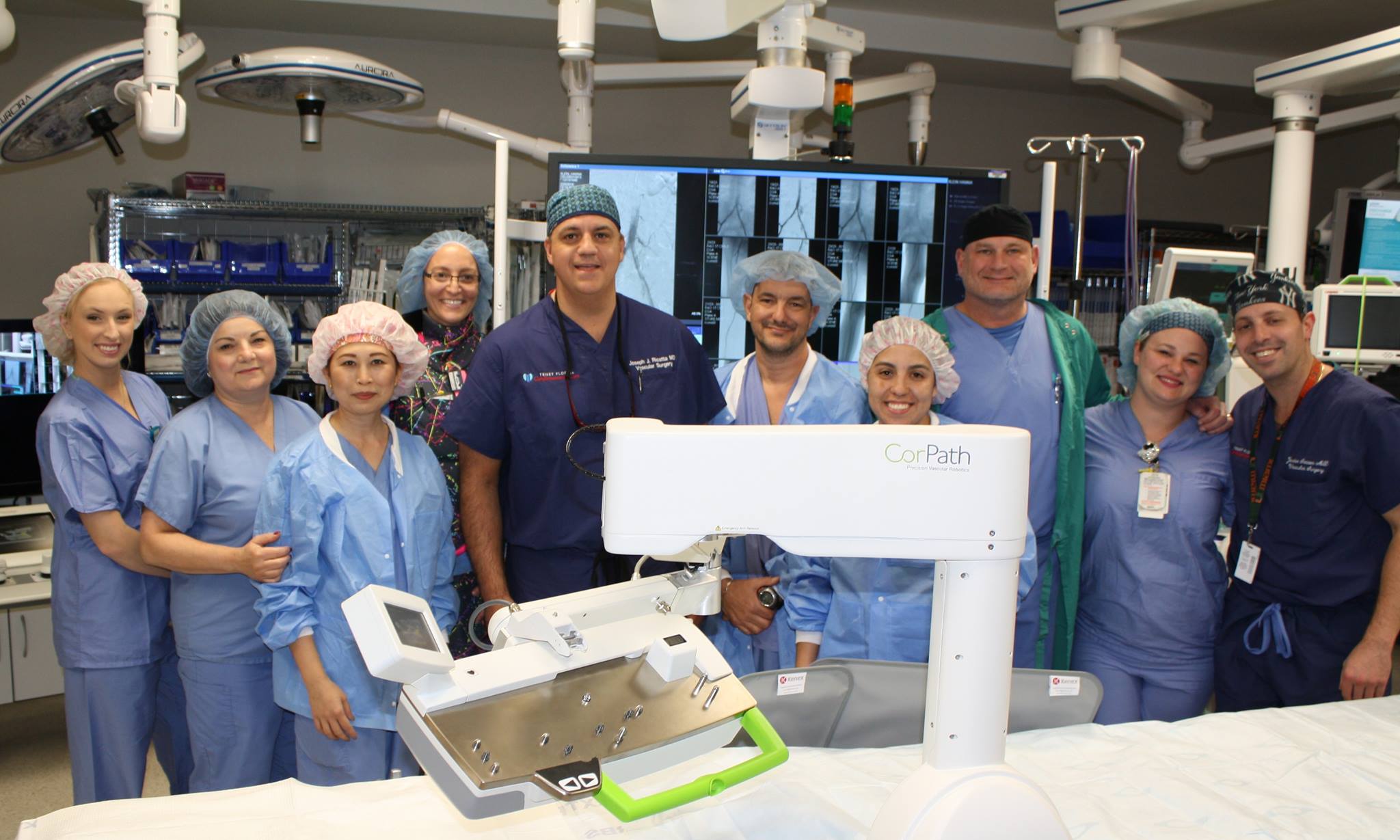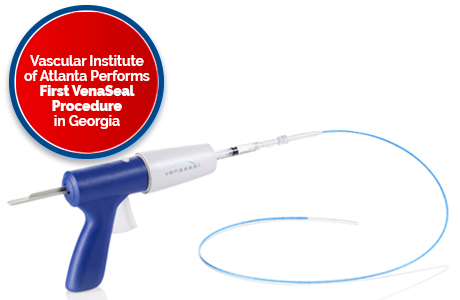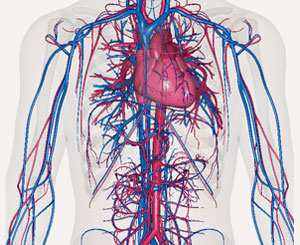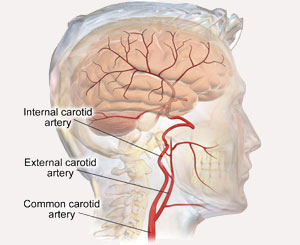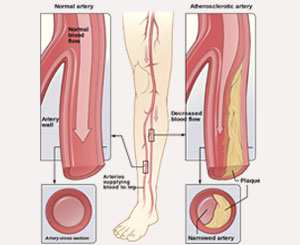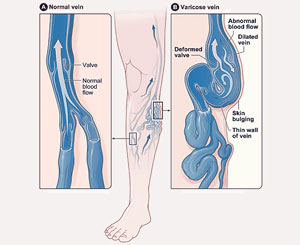It’s really no secret that obesity has the potential to cause a great deal of health issues, so you probably don’t need me to tell you that weight loss will positively impact your body. However, finding the motivation for it can be difficult, so while having an awareness that obesity may potentially lead to physical complications is important, really understanding the strain it puts on your cardiovascular system is crucial.
Your circulatory (or cardiovascular) system is comprised of a connected web of arteries, veins, and capillaries that circulate blood throughout the body, along with an assortment of nutrients such as oxygen, amino acids, electrolytes, and carbon dioxide. When the system works as it should, it plays an integral role in helping the body fight disease and generally maintain the “status quo.”
WHAT HAPPENS?
Conversely, when obesity is a factor, the body is saddled with additional tissue that the cardiovascular system has to work extra hard to supply. While this not only intensifies the amount of strain placed upon the heart (since its output must increase), the veins often struggle to deal with the resulting rise in blood pressure. As this happens, the veins must work extra hard to carry blood back toward the heart against a higher-pressure system created by the increased body mass in your abdomen, pelvis, and chest. Therefore, the amplified venous pressure causes the valves within the veins (whose job it is to prevent blood from pooling in the lower extremities) to weaken and not close properly. The valves then become “leaky,” remaining partially or completely open, which allows blood to flow backwards in the veins. In short, this is called “venous insufficiency” because the veins are not working sufficiently.
The result of this problem then becomes pooling blood that, instead of being transported to the heart, stagnates in the legs. When this occurs, blood engorges the veins in the lower extremities—including those directly under the skin—causing them to become noticeable bulges. The legs, therefore, can then become swollen and patients may experience other issues such as leg pain, skin discoloration, heaviness or tiredness of the legs, and in some cases, ulcers.
A PIECE OF THE PUZZLE
While obesity clearly remains a risk factor in the emergence of venous disease, it is not the only factor. Plain and simple, not all overweight individuals will develop it, just as not all smokers will develop lung cancer. Things like heredity and family history have the potential to play a large role; however, prevention is important and, while you can’t control your genetics, you can certainly regulate what you put in your body and how much exercise you get.
At the end of the day, once the valves in your veins have become damaged, simply losing weight will not fix or erase the problem. Yes, it may go a long way towards relieving some of the pressure and increasing your mobility, but it will not stop the veins from leaking once they’ve stopped working correctly.
RESULTS AND OPTIONS
Therefore, what you should take from this is:
1.) Understand the importance of prevention. Your body requires consistent care to function properly, so making a point to exercise and keep tabs on your eating habits will go a long way towards saving you a lot of time, effort, money, and pain.
2.) Regardless of the cause, once it starts, venous insufficiency will not simply go away on its own. Again, lifestyle changes may help reduce the severity of your symptoms, but will not eradicate the issue. The only way to do this is to work with an experienced vascular surgeon who can develop an individualized treatment plan to meet your needs.
3.) If weight loss is your ultimate goal—yet exercise is extremely difficult due to your condition—treating your veins can relieve leg pain, swelling, and fatigue, thereby allowing you to embark upon a healthier, more active life.
If you’ve found yourself struggling to cope with this condition on your own and are tired of simply getting through the day, we’re here to help. If you would like more information or would like to schedule an appointment with our office, please call us at 470-355-3053 or visit our website at www.AtlVascular.com.
I look forward to helping you feel better, be healthier, and live longer.
Dr. Joseph J. Ricotta II MD, MS, FACS
Vascular Institute of Atlanta
www.AtlVascular.com
470-355-3053

